The primary cause of post-traumatic stress disorder (PTSD) is some type of traumatic event that triggers changes in the brain and alters how it functions. As with most mental health conditions, researchers are still working to identify why some people develop post-traumatic stress disorder after they experience a trauma.
The changes in the brain that have been found are associated with memory and emotional regulation such as the prefrontal cortex and amygdala. People with this disorder also tend to have higher levels of the stress hormone cortisol, and norepinephrine. Essentially, your brain can suddenly trigger the fight-or-flight response if it senses anything that reminds it of the traumatic event. Recent data attributes this to neuronal lesions that develop in response to physiologic responses to trauma and periods of heightened stress.
The effects of this mental health disorder involve a wide range of symptoms. One of the most common symptoms that people experience is disruptive flashbacks. These may involve visual hallucinations of the situation that occurred. Daydreaming about the trauma is common. You may also have nightmares that wake you up at night. People who have flashbacks describe them as being so vivid that they feel like they are actually back in the moment that caused their trauma.
Avoidance can be another symptom. You may try to avoid passing a place that triggers your PTSD symptoms. If a particular person reminds you of a trauma, then you may go out of your way to avoid them. You may also refuse to talk to other people about the painful experience that you went through, and this can severely block your pathway toward healing.
Post-traumatic stress disorder (PTSD) starts with a traumatic event that leads to lasting changes in how the brain works. Research shows these changes affect brain areas involved in memory and emotional regulation, like the prefrontal cortex and amygdala, and often cause higher levels of stress hormones such as cortisol and norepinephrine. When your brain senses anything that reminds it of the trauma, it can suddenly trigger the fight-or-flight response. Recent data links this reaction to neuronal lesions that form due to physiological responses to trauma and extended periods of stress.
Ketamine Infusion Therapy is a powerful tool that helps restore balance by reactivating these disrupted brain areas and encouraging new neural connections. By promoting neuroplasticity, ketamine helps shift the brain out of survival mode, creating space for real healing to take place.
Ketamine is one important part of your healing journey. Once your brain is working more optimally, it’s important to address the root causes that brought you here, whether that’s trauma, an unhealthy environment, coping challenges, or genetic factors beyond your control. This next phase is forward-focused. We’re here to support you every step of the way, including sharing our ketamine-educated provider list upon request to help you find the right professional for this part of your journey.
Yes, ketamine helps create the conditions your brain needs to shift out of survival mode. When the brain is primed for healing, therapy, relationships, and healthy habits begin to stick. That’s when real change becomes possible.
Complex Post-Traumatic Stress Disorder (C-PTSD) develops from prolonged or repeated trauma. To stay safe, your brain adapted by shutting down certain pathways and relying on threat-based ones. It wired in survival patterns: hypervigilance, emotional numbness, disconnection, and persistent negative thoughts. These aren’t personality flaws; they’re protective responses from a nervous system pushed beyond its limit.
But when those patterns stay stuck, even your best efforts to heal can fall flat. You’re trying, but your brain isn’t able to respond yet.
Ketamine supports neuroplasticity, the brain’s ability to reconnect and rewire. As those rigid patterns begin to clear away, people often feel more present, less reactive, and more able to engage with life and therapy. It’s not about erasing the past. It’s about helping your brain finally move forward.
To learn if Ketamine Infusion is the right treatment option for you, contact us by calling for a free consultation or requesting one online today.

Monday: 9 A.M. – 7 P.M.
Tuesday: 9 A.M. – 7 P.M.
Wednesday: 9 A.M. – 7 P.M.
Thursday: 9 A.M. – 7 P.M.
Friday: 9 A.M. – 7 P.M.
Saturday: We’re Closed
Sunday: 9 A.M. – 7 P.M.